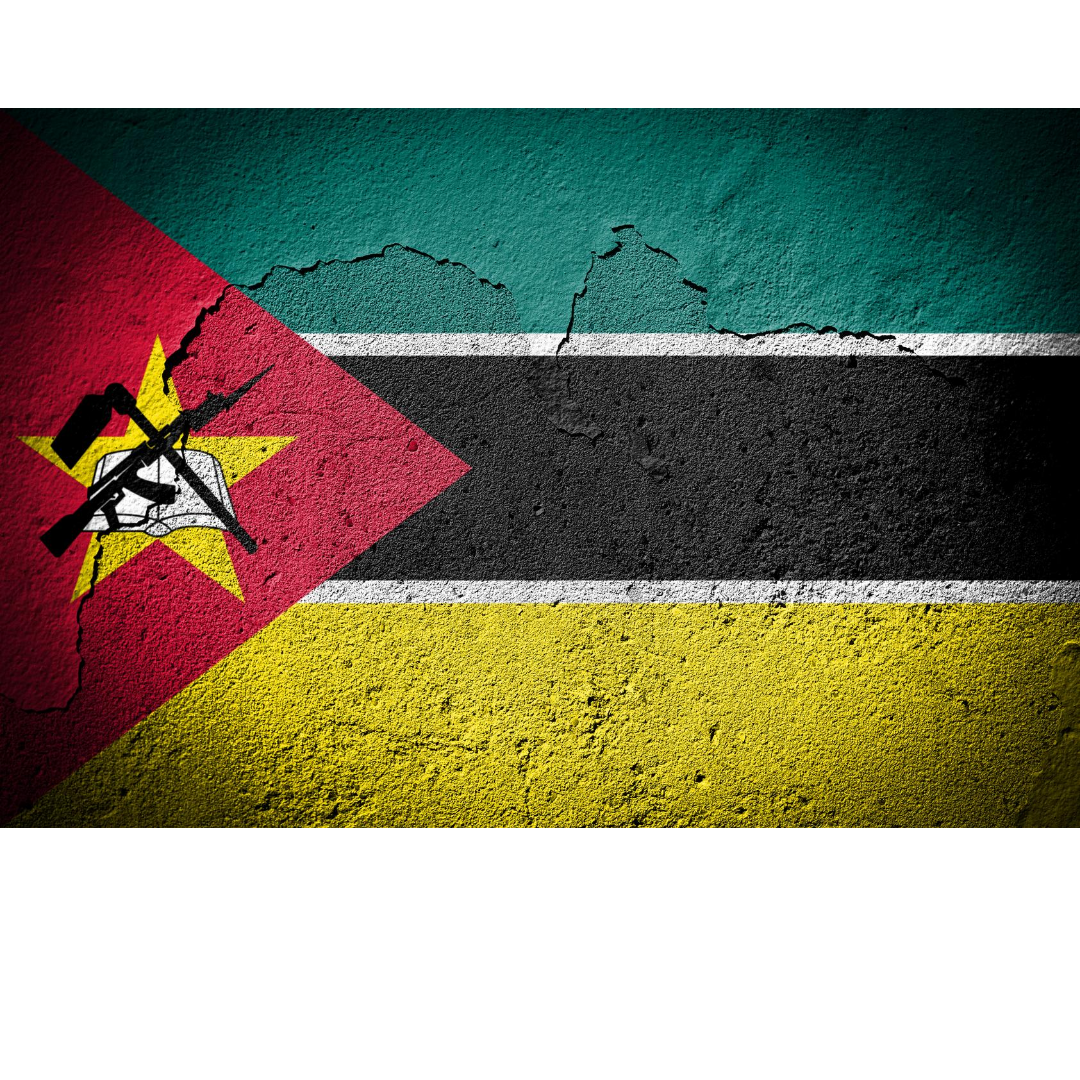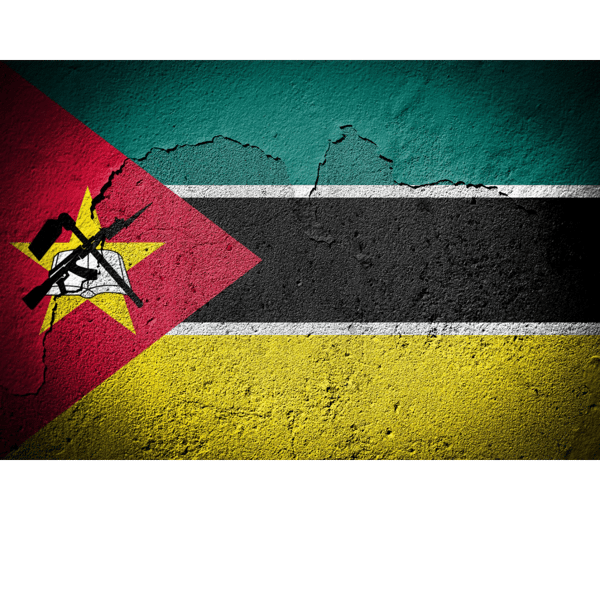4 min read
45 years on, will there be Portuguese troops in Cabo Delgado?
By: Dryad Global on December 9, 2020 at 8:10 AM

Some in Portugal want to prove a point by sending soldiers back its former colony. On 1 January 2021, Portugal will assume the rotating presidency of the Council of the European Union, and some in the military and government are increasingly using this to press for EU military involvement in Mozambique.

Here's a round-up from the last week's events concerning Mozambique:
Last Wednesday, Defence Minister Joao Gomes Cravinho said that Portugal could send troops to help Mozambique fight terrorism. Former President Ramalho Eanes also said: "There was an easy response as long as there was strength and initiative and a mobilisation action by Europe and the United Nations, and it is very easy, with specialised forces and drones, to resolve the situation".
European Parliament: 'Low Standard Of Governance In Mozambique'
"The standard of governance in Mozambique is low," warned Tomas Tobe, chair of the European Parliament Development Committee, at a meeting on 3 Dec of the European Parliament's development and foreign affairs committees with the European External Action Service (EEAS, the foreign ministry) and the European Commission to discuss "the situation in Mozambique." Tobe specifically cited the $2 bn secret debt scandal.
There was strong opposition to prioritising military and security issues. It is wrong to "privilege security", the EEAS's new managing director for Africa, Rita Laranjeira told the meeting. It is necessary to "confront the crisis and its root causes." She stressed the need to create jobs. Tobe stressed that "development and security are tightly linked together."
The Commission's acting director for International Cooperation and Development, Francesca Di Mauro, told the committees that there "cannot be just a security response." There must be a promotion of human rights and "offering economic prospects to young people who now have no prospects and no jobs." She stressed the need to involve youth in political life.
There was clear annoyance from officials that the Mozambican government was blocking access to Cabo Delgado. Humanitarian workers had been refused visas and only on 1 Dec, under pressure from the EU and a day before the European Parliamentary committees meeting, Mozambique announced a special humanitarian visa. It also appears that the government is unsympathetic to an EU fact-finding mission in Cabo Delgado.
All parties involved stressed what they called the "triple nexus": humanitarian, development and security support. Following the visit of Nathan Sales, coordinator for counter-terrorism at the United States’ Department of State, to Maputo, Michael Gahler of the European Parliament foreign affairs committee warned
that the United States was trying to involve Mozambique in its anti-IS coalition.
Also last week, Antonio Costa telephoned the President of Mozambique, Filipe Nyusi, telling him that "Portugal is in solidarity and ready to support Mozambique's efforts to fight terrorism in Cabo Delgado, bilaterally and within the EU framework".
The Portuguese ambassador in Maputo, Maria Amelia Paiva, said that a Portuguese delegation will go to Mozambique next week specifically to discuss Cabo Delgado.
"It is undeniable that barbaric attacks have increased in recent weeks," writes Michael Hagedorn in _Publico_ (Lisbon). "However, the Mozambican government continues to refuse to tackle the multiple causes of this conflict, of which a considerable part is its own responsibility. It is thus preventing, in addition to a military
offensive, other important measures from being taken to address the causes of the conflict, namely to give the local population prospects of a dignified life."
He cites the local comment: "When they talk about the radical preacher who comes to radicalise young people, they forget that the Government
has done about 80% of the work for the radical preacher. The preacher only comes to reap the fruits".
Hagedorn concludes: "Portugal and the EU would do better to face the situation in all its complexity, rather than exclusively and unconditionally supporting the Frelimo government and its narrow military vision for the solution of the conflict in Cabo Delgado."
Meanwhile, speaking in Maputo, EU ambassador Antonio Sanchez-Benedito Gaspar said “Military support is not on the [EU] agenda. We are just going to strengthen Mozambique’s capacities, so that the country’s own security forces are able to end the insurgency.” The EU has promised €15 million to combat terrorism in Cabo Delgado.
President Filipe Nyusi said recently that "terrorism is not fought unilaterally" and that Mozambique "is open to any type of support that could be given in respect of terrorism."
Manzoni: 'Military aid must be provided'
"Military aid must be provided through cooperation. Rather than taking its place, we should help the Mozambican army cope with its duties. I know this is frowned upon. Donors don’t want to get their hands dirty. But it is an illusion to want to develop the province of Cabo Delgado without first securing it," according to Mirko Manzoni, a Swiss diplomat and personal envoy for Mozambique of the United Nations Secretary General who is close to President Filipe Nyusi.
"I am opposed to the use of mercenaries, but the reality on the ground should give pause for thought. When you call for help and no one moves a finger, this is what happens. Mozambique spends fortunes on mercenaries. First, it turned to the Russians from the Wagner group. They are gone and the Mozambican army is now backed by a South African company. Donors contribute to Mozambique’s [state] budget; it would be wiser if they directly aided the Mozambican army without hypocrisy."
"The first attacks in 2017 were of low intensity, to test the response of the authorities. Most of the fighters were Mozambicans. They were driven to take up arms by neglect of the region, one of the poorest in the country. The proportion has now reversed, with the majority of jihadists coming from Somalia, Yemen, Libya, Uganda and the Democratic Republic of the Congo. They now have very sophisticated weapons. This insurrection reminds me of the situation in Mali in 2012, before the jihadists marched on the capital Bamako, precipitating the intervention of France," comments Manzoni.
Source: All Africa.com
Related Posts
Chinese Maritime Militia Disperses Amid Political..
A political standoff between China and the Philippines over a reef in the South China Sea has begun..
Why the SDF is still patrolling the Gulf of Aden..
When a light suddenly flashed across the radar screen, the crew inside a Maritime Self-Defense..
Maritime and economic security are intimately..
China's recent imposition of a unilateral four-month fishing ban in the South China Sea,..




